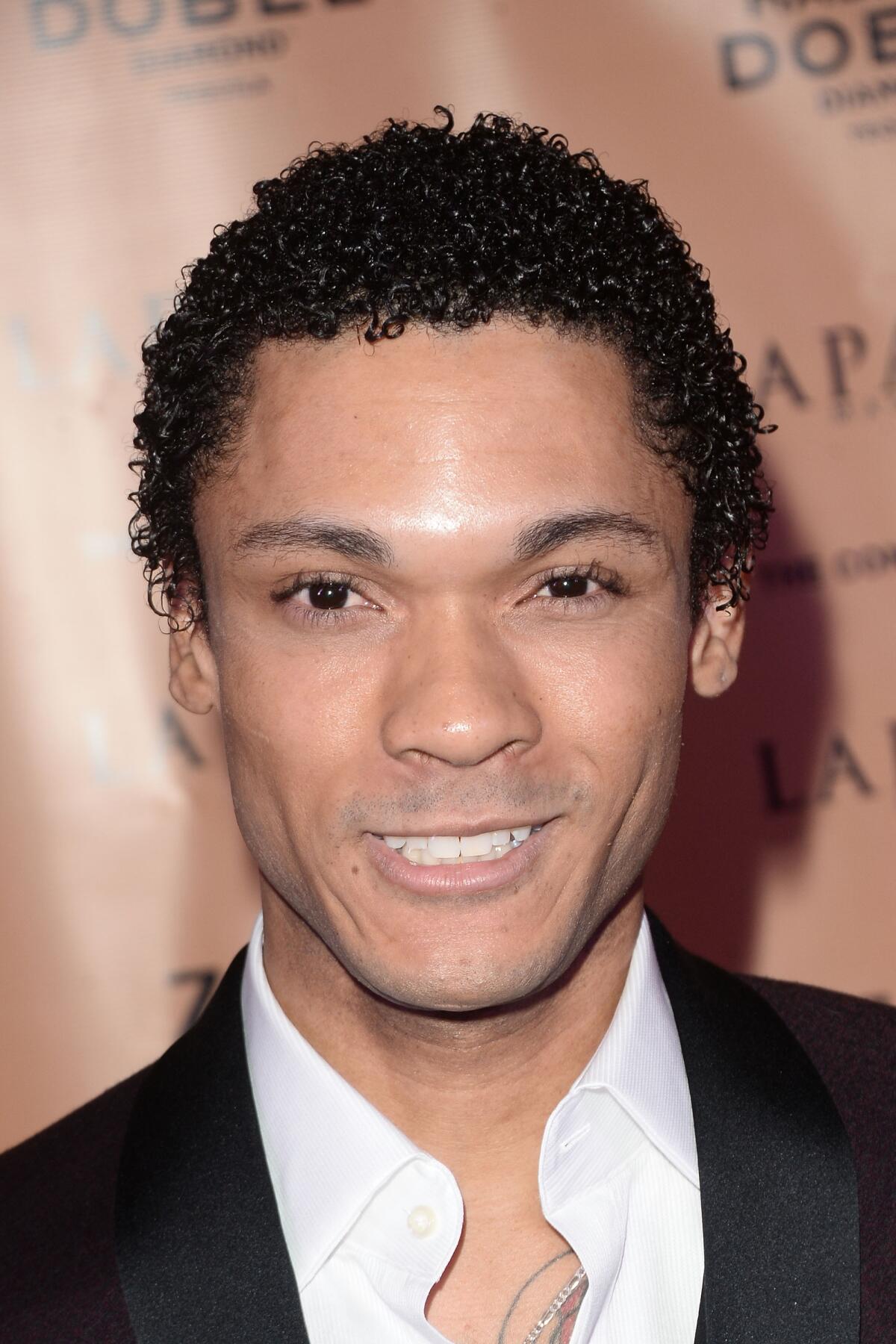In the wake of Pope Francis's passing, an assembly of cardinals under the age of 80 will convene at the Vatican to begin the intricate and secretive process of electing a new leader for the Roman Catholic Church. This pivotal event, known as the conclave, has gained heightened attention after being depicted in the acclaimed film "Conclave," which has garnered both significant box office success and critical acclaim.
The film, released recently, provides an inside look into the behind-the-scenes drama of the papal election, offering viewers a glimpse of the rituals and processes that remain largely cloaked in secrecy. Dr. Kurt Martens, a canon law professor at the Catholic University of America, has remarked on the film's accuracy, noting that while it captures the essence of the conclave, there are minor deviations from reality. The reception of "Conclave" has been highly positive, earning accolades such as an Academy Award for Best Adapted Screenplay.
As the excitement surrounding the movie continues, it has spurred public interest in understanding more about how the papal election unfolds. The narrative follows a fictional pope's demise and the ensuing fervor among cardinals as they grapple with their faith, allegiances, and the future direction of the Church. While the film may dramatize certain elements, it ultimately sheds light on the vital and transformative moments that shape the selection of the Holy See.
The upcoming conclave will take place under heightened security as these leaders of the Church work toward a new papal vision in a world that continues to evolve both spiritually and socially.
The film, released recently, provides an inside look into the behind-the-scenes drama of the papal election, offering viewers a glimpse of the rituals and processes that remain largely cloaked in secrecy. Dr. Kurt Martens, a canon law professor at the Catholic University of America, has remarked on the film's accuracy, noting that while it captures the essence of the conclave, there are minor deviations from reality. The reception of "Conclave" has been highly positive, earning accolades such as an Academy Award for Best Adapted Screenplay.
As the excitement surrounding the movie continues, it has spurred public interest in understanding more about how the papal election unfolds. The narrative follows a fictional pope's demise and the ensuing fervor among cardinals as they grapple with their faith, allegiances, and the future direction of the Church. While the film may dramatize certain elements, it ultimately sheds light on the vital and transformative moments that shape the selection of the Holy See.
The upcoming conclave will take place under heightened security as these leaders of the Church work toward a new papal vision in a world that continues to evolve both spiritually and socially.























